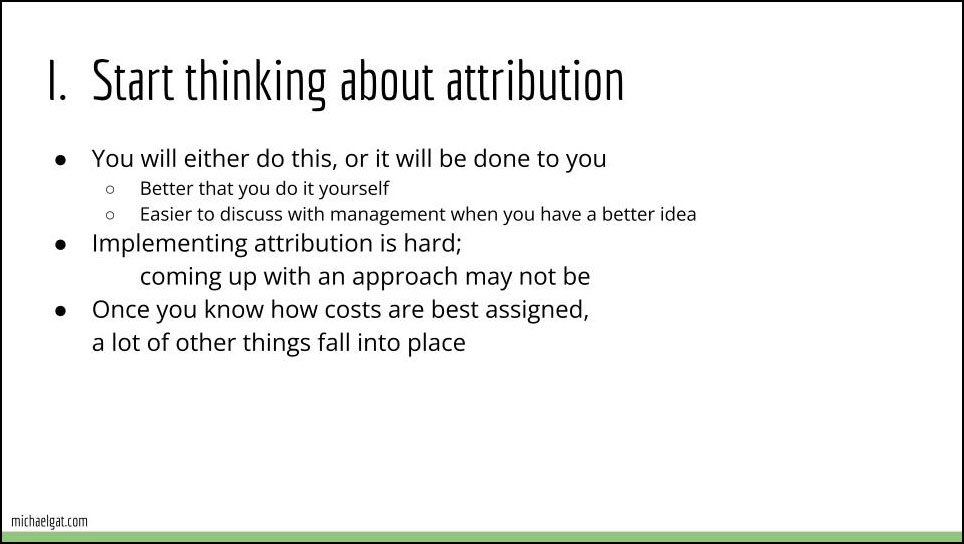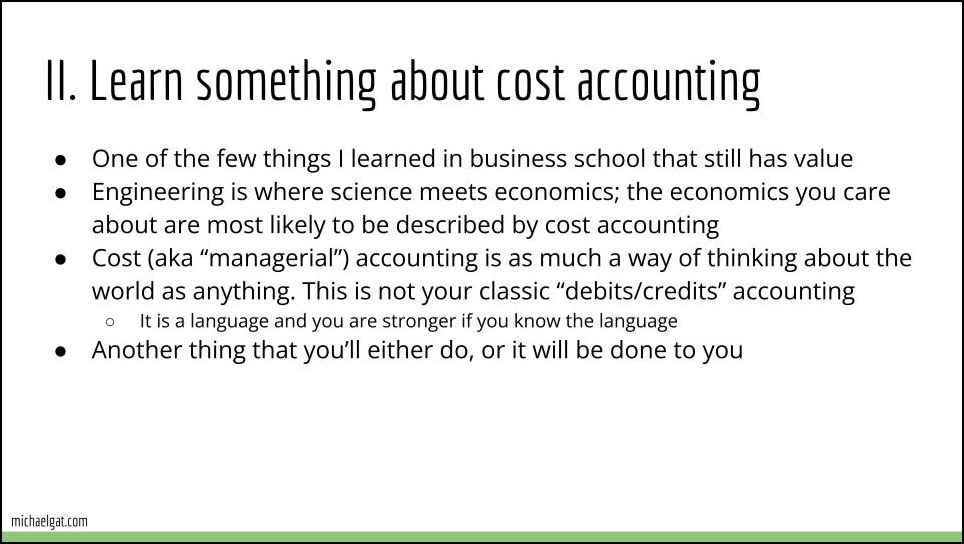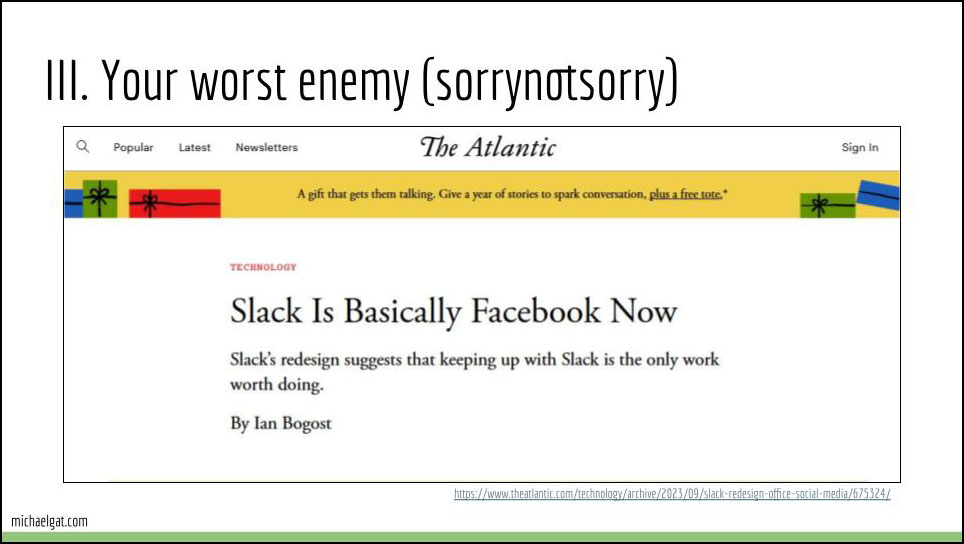Anti-Patterns in Tech Cost Management: Three things to do now
Series Index
Introduction
Anti-Pattern 1: Not considering scale
Anti-Pattern 2: Bad cloud strategy
Anti-Pattern 3: Inability to assign/attribute costs
Anti-Pattern 4: No metrics or bad metrics
Anti-Pattern 5: Not designing it in
Anti-Pattern 6: Cost management as a standalone
Anti-Pattern 7/8: No ongoing reviews (current and potential)
Anti-Pattern 9: Across the board cuts
Anti-Pattern 10: “A tool will solve the problem!”
Anti-Pattern Bonus: Don’t do rewards programs!
A few thoughts: Three things you can do right now, for yourself and your team
Wrap up
I have three brief recommendations for things you can do right now.
Start thinking about attribution

If your company has a strong attribution system, and processes in place to keep it updated and relevant, this may not apply to you. For the rest of you, thinking about this is something you should be doing now and on a regular basis. These changes will happen, and the if you’re ahead of the process.
Learn something about cost accounting

Cost (and more generally, managerial) accounting is the language your CFO speaks. It will help if you can speak it as well. It is one of the few things from business school that has remained relevant in my tech career because it speaks to the “economics” side of engineering. (Some engineering schools still address this, mostly as part of OR, but not often enough.)
Many people think about Moore’s Law as being about scientific advancement, but Gordon Moore was an engineer and he understood the “economics” side of engineering. If you read what he actually wrote, rather than what was written about him later, you can see some pure cost accounting going on. He did not write about the maximum possible density of transistors on a chip, rather the wrote about the density of transistors at which the cost per transistor is the lowest. At the time, he was likely thinking about DRAM, which was Intel’s most important product.
In my experience, people who have been working in tech costing gain sudden insight into the bigger picture and reasons for what they’re doing when they are introduced to the conceptual frameworks behind them. Understanding them makes you better at what you do. There are good free courses on Coursera, and if you have an education budget, the formal online course at UCLA extension is excellent.
Stop wasting time

This one moves a bit more towards “productivity” rather than pure cost, but they’re related. We are under constant pressure to fill our schedules more and more, and to use tools almost continually. Many of the tool vendors (Slack is just the worst example, Jira is almost as bad) are more concerned with how much we use their tools than what benefits we derive. Think about these things and cut back where you should. Encourage your teams to do the same. I experienced much improved productivity and happiness just from turning off notifications and checking in regularly, between other tasks. Most things will wait and are probably less important than the prioritized work in front of you.